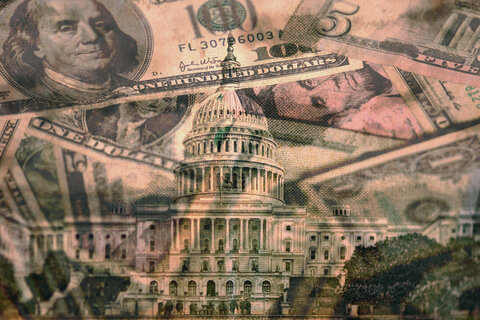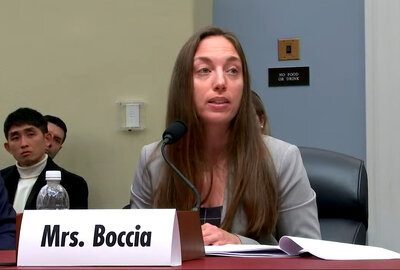
Governments around the world are weighing whether to launch central bank digital currencies, or CBDCs. But are CBDCs even a good idea? That was one of the questions NPR hosts Paddy Hirsch and Adrian Ma asked this week on the Indicator from Planet Money.
As Hirsch pointed out, “[CBDCs] are generating a frisson of excitement in some quarters. But in others, they are sounding alarms.” Among central bankers, CBDCs are very much the latest craze. Just look at how interest has skyrocketed in recent years (Figure 1). Or look at how central bankers have been featured at conferences around the world just to discuss CBDCs.
Yet, for others, the rise of CBDCs has been deeply concerning. On financial privacy alone, Ma framed the issue well, saying, “When you spend your dollars today, those transactions are generally private. As in, the government does not know about them unless it asks, and even then, it’s not a cinch to find out what you’ve been doing with your money. That could change if we had a digital currency controlled by the central bank.” As Norbert Michel and I have explained in the past, those concerns are only the beginning. CBDCs pose risks to financial freedom, markets, and even cybersecurity.
Considering the risks here, the question “Are CBDCs a good idea?” is easy to answer. No, they are not a good idea. Without being able to offer substantial benefits that are not already offered by the market, the risks posed by CBDCs are not worth incurring.
Speaking of the market, Hirsch and Ma also shared an important note about cryptocurrency. Many listeners likely raised an eyebrow when seeing the show’s title, “Is ‘Government Crypto’ a Good Idea?” Given that CBDCs are nearly the opposite of cryptocurrency in terms of their respective principles (Table 1), it’s unfortunate that the title used the term “government crypto.”
However, the hosts did well to acknowledge the contradiction during the show. Ma said, “Of course, ‘government crypto’ is kind of a misnomer because, like we said, the whole point of cryptocurrency was that it was supposed to decentralize money. Now governments are talking about centralizing money even more than it already is.”
Ma is right. It’s no coincidence that the skyrocketing interest in CBDCs seen in Figure 1 occurred shortly after Meta announced its cryptocurrency project. Furthermore, it’s no coincidence that jurisdictions around the world have been pushing forward on CBDCs while simultaneously clamping down on cryptocurrency.
Central bankers and other government officials have even said as much. Abroad, Juda Agung, the assistant governor of Bank Indonesia, said, “A CBDC would be one of the tools to fight crypto.” Here at home, Daleep Singh, former economic advisor to President Joe Biden, said, “One of the efforts we made was to … push our government to launch a digital dollar, which I think is the single best step … because it would crowd out the ecosystem of crypto.” Similar anti‐cryptocurrency motivations can be seen across China, the European Central Bank, France, Ghana, India, Israel, and more in the Human Rights Foundation’s CBDC Tracker.
So whether your concerns rest with preserving privacy, improving financial freedom, or embracing innovation, it seems clear that a CBDC is not a good idea.










